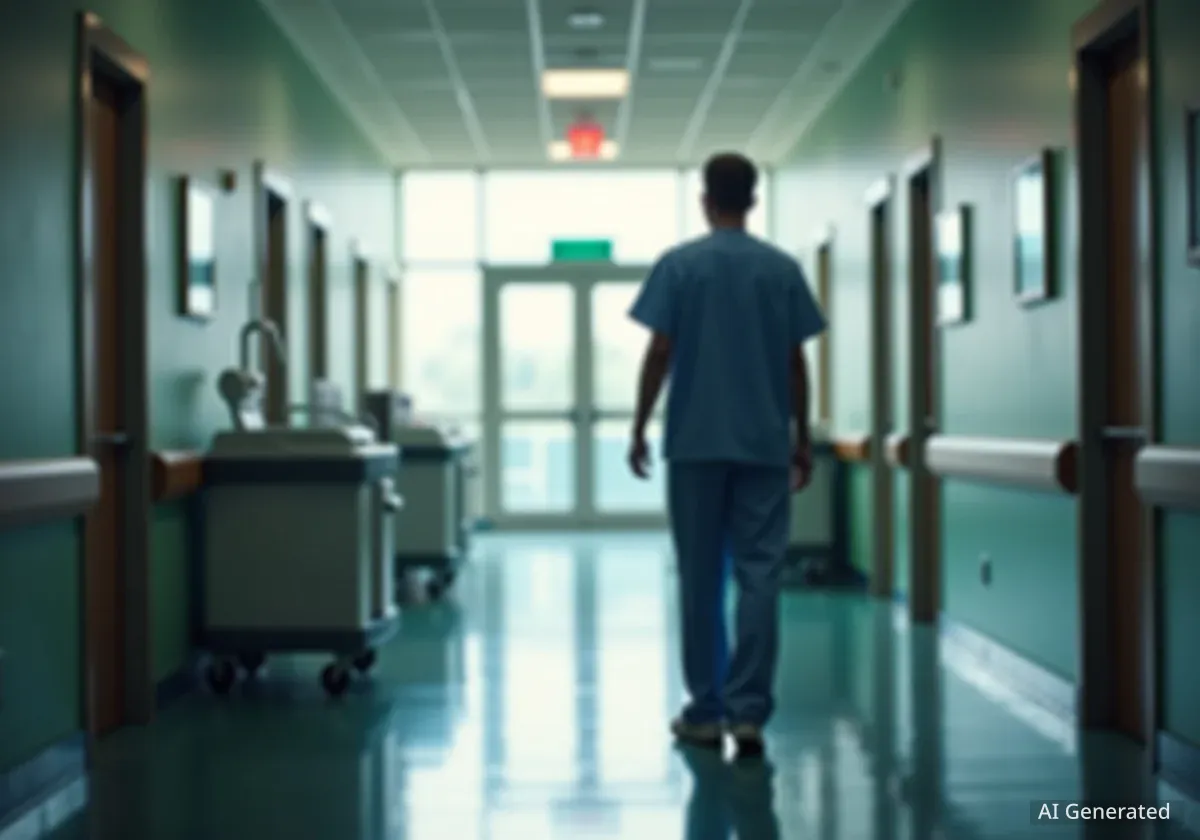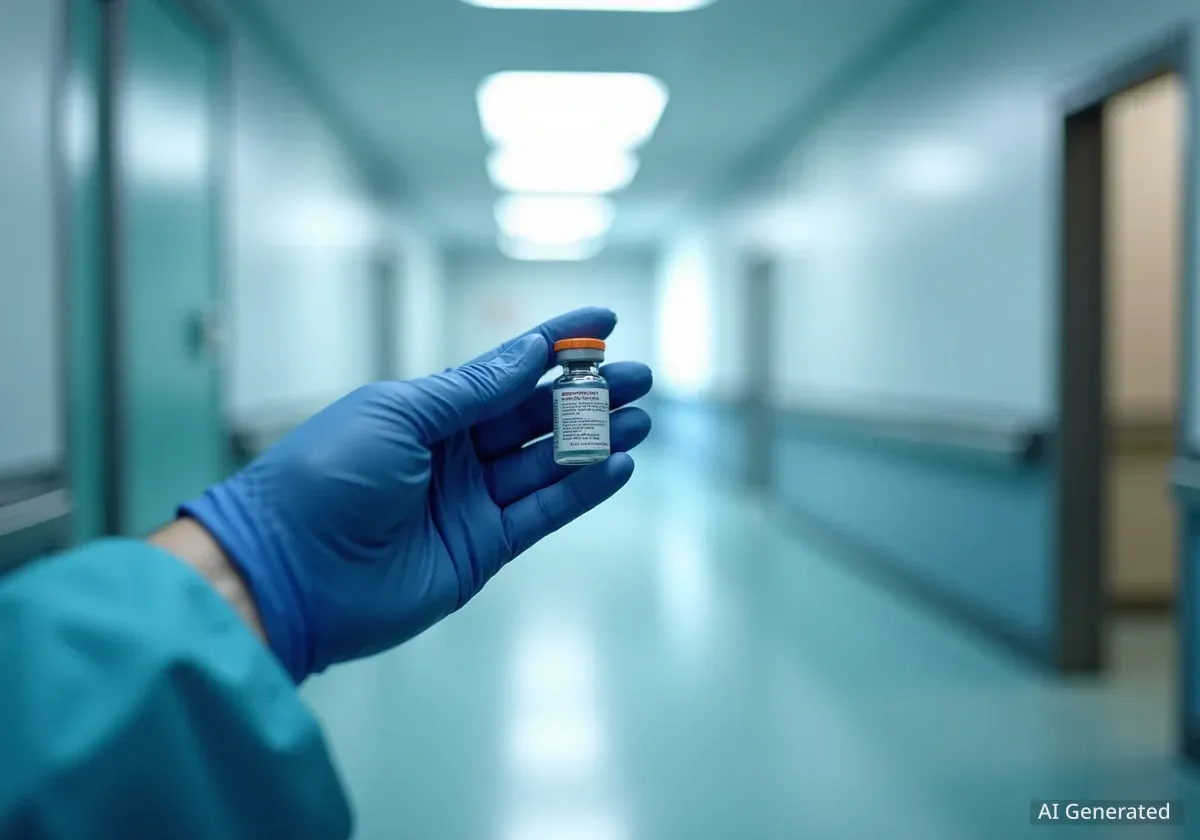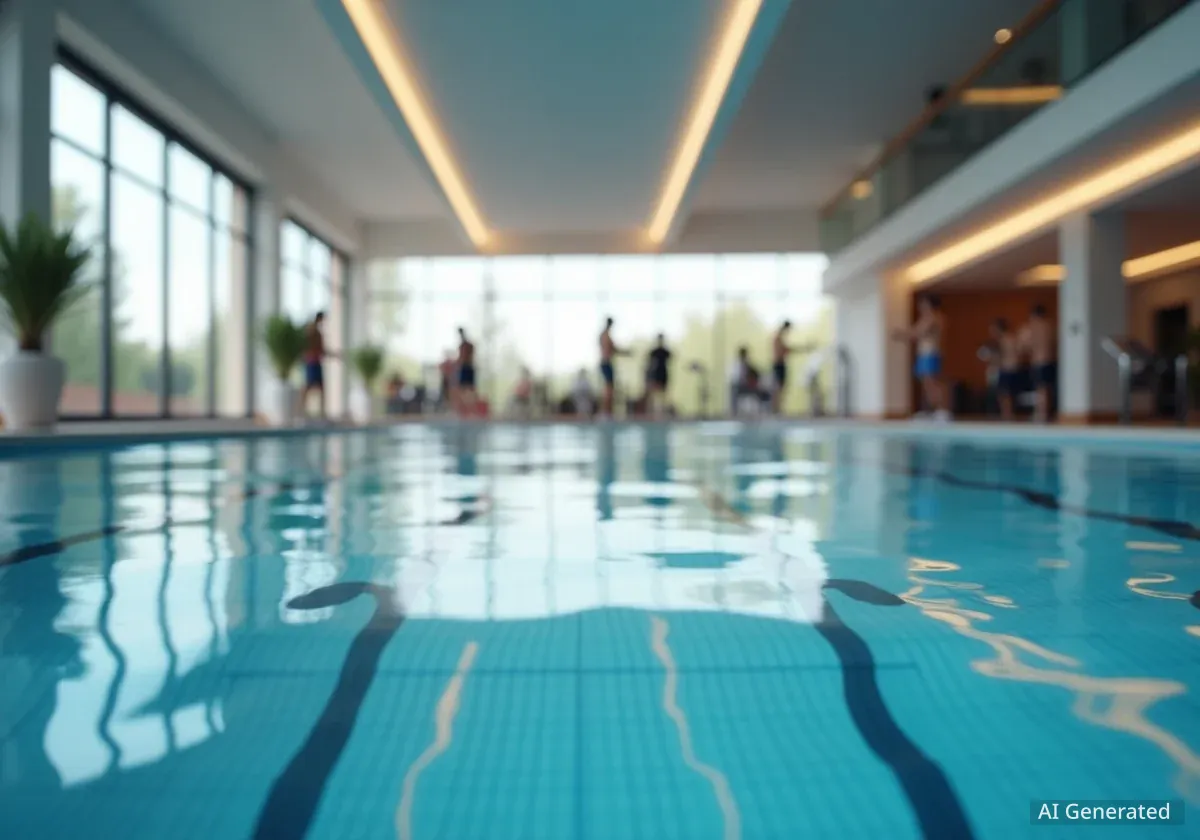Demi Morris, a Wrexham resident, was 17 years old in 2021 when a severe brain haemorrhage during her A-level exams led to life-saving treatment at The Walton Centre. Her experience there profoundly impacted her, inspiring her to pursue a career in nursing. She has now successfully completed her nursing degree and is working on a surgical ward.
Key Takeaways
- Demi Morris suffered a catastrophic brain bleed at 17.
- The Walton Centre performed complex, life-saving surgery.
- Her recovery inspired her to pursue a nursing career.
- A recurring AVM required further specialized treatment.
- Demi is now a qualified nurse, aiming for neurology.
Emergency Treatment at The Walton Centre
In 2021, Demi Morris was nearing the end of her A-level examinations when she experienced a sudden and severe brain haemorrhage. She was rushed to The Walton Centre, a specialist neurosciences hospital, for urgent medical intervention.
The initial medical assessment determined that a standard embolisation procedure, which involves blocking blood flow to abnormal vessels using a catheter, was too risky. Instead, the surgical team opted for an open brain operation.
What is an AVM?
An Arteriovenous Malformation (AVM) is an abnormal tangle of blood vessels in the brain or on its surface. This condition causes blood to flow directly from arteries to veins, bypassing the normal network of capillaries. A ruptured AVM can lead to severe bleeding in the brain.
Doctors discovered Demi had an Arteriovenous Malformation (AVM). This is a cluster of blood vessels that can cause blood to bypass normal circulation. Her AVM had ruptured, causing extensive bleeding.
"I’d just finished an eight-hour shift at the chip shop I worked at near home with a bad headache. I blacked out and woke up in intensive care at The Walton Centre. I couldn’t believe it, but I understand now how bad it was. The bleed was described as catastrophic," Demi Morris recalled.
Complex Surgical Intervention
After careful monitoring, the medical team at The Walton Centre decided to perform a bifrontal craniotomy. This major surgical procedure aimed to excise, or remove, the AVM directly from her brain.
The operation was extensive, lasting approximately 12 hours. Despite the complexity, the surgeons successfully removed the AVM. This allowed Demi to begin her recovery process and eventually return to college to complete her A-levels.
The Walton Centre's Role
The Walton Centre NHS Foundation Trust is the only specialist hospital trust in the UK dedicated to neuroscience. It provides comprehensive neurology, neurosurgery, pain management, and rehabilitation services for patients across Merseyside, North Wales, and beyond.
Inspiration for a Nursing Career
During her recovery at The Walton Centre, Demi was deeply impressed by the level of care and professionalism she received from the nursing staff. This experience ignited a new ambition within her.
"The operation took 12 hours, but ultimately they were able to remove the AVM. I was able to recover and go back to college to complete my A-levels. At this point I had already been inspired to pursue a career in nursing. I was blown away by the level of care and professionalism I received at The Walton Centre," Demi stated.
She decided to change her career path, committing to becoming a nurse. This decision was a direct result of the compassionate and skilled care she experienced as a patient.
A Setback and Further Treatment
In the summer of 2022, approximately a year after her initial surgery, Demi underwent a routine check-up scan. This scan revealed an unexpected and concerning development: the AVM had returned.
Demi received the news while on a family holiday. She and her family immediately cut their trip short and returned to The Walton Centre the following day. This recurrence was a significant emotional blow.
"I was on a family holiday when I got the call from the hospital to return as soon as possible. We cut the trip short and came to The Walton Centre the next day. I was devastated, but I knew it was something that could happen," Demi explained.
Due to the risky location of the recurring AVM in her brain, Demi's clinicians at The Walton Centre determined that further surgery would be too hazardous. They instead referred her for a specialized procedure at Sheffield Teaching Hospital.
Stereotactic Radiosurgery
The recommended treatment was stereotactic radiosurgery. This advanced procedure involves highly targeted radiation therapy. The goal is to significantly reduce or completely eliminate the AVM, thereby minimizing the risk of future bleeds.
The procedure required Demi to wear a metal frame drilled to her head. This frame was essential for precisely identifying the AVM's exact position and delivering the radiation with extreme accuracy.
"This procedure involved having a metal frame drilled to my head. The frame is crucial to the treatment and forms the basis for accurately identifying the position of the AVM. It was cumbersome wearing a metal frame for 13 hours at a time, but ultimately, they eliminated the AVM. I’m so grateful!" Demi shared.
Despite the discomfort of wearing the metal frame for extended periods, the treatment was successful. The AVM was eliminated, offering Demi renewed hope for a healthy future.
Achieving Her Dream
Following her recovery from the second treatment, Demi remained steadfast in her ambition to become a nurse. She enrolled at Wrexham University to pursue her nursing degree.
She has now successfully completed her studies and secured a nursing position on a surgical ward. This achievement represents the culmination of years of hard work, resilience, and determination, all sparked by her own health crisis.
- Completed: Nursing degree at Wrexham University.
- Current Role: Nurse on a surgical ward.
- Future Goal: Work in neurology.
Demi aims to specialize in neurology in the future, driven by a desire to help patients who are experiencing similar challenges to her own. Her personal journey provides her with a unique perspective and empathy.
"I’d rather not have had something like an AVM happen to me, but the big positive I’ve taken from it is that it’s inspired me to become a nurse. I feel so proud to have achieved my goal of completing my nursing degree. I would love to work in neurology one day. I want to care for people who are going through what I have experienced," Demi reflected.
She also believes it is important to demonstrate that recovery and a fulfilling life are possible after a brain injury. Her story serves as an inspiration, showing that setbacks can lead to new paths and achievements.
"I also think it’s important to show people that there is life after brain injury. That, despite setbacks, you can do anything! I will be forever thankful for the care I received at The Walton Centre. It literally changed my life," she concluded.





